In the realm of modern culinary arts, the tools chefs use are just as important as the ingredients they select. While many may overlook the significance of quality knives in the kitchen, it is the knife makers behind these expertly crafted blades who play an indispensable role in shaping the culinary landscape today. From professional chefs to home cooks, the craftsmanship and design of knives, particularly pocket knives, have become essential aspects of culinary excellence. In this article, we will delve into the influence of knife makers in the modern culinary scene, exploring their artistry and the significant impact they have on cooking traditions.
The Roots of Culinary Knives
The history of culinary knives dates back thousands of years, with early versions serving both practical and ceremonial purposes. As civilizations evolved, so did the design and manufacturing of these essential tools. Knife makers, often regarded as artisans, focus not only on functionality but also on aesthetic appeal. The marriage of art and utility has led to the creation of stunning pieces that have become prized possessions for chefs and collectors alike.
Culinary Traditions Meet Modern Techniques
The influence of knife makers extends beyond their physical products. They play an important role in preserving culinary traditions while embracing modern techniques. Artisanal knife makers often draw inspiration from historical designs, and their knowledge of metallurgy allows them to utilize cutting-edge materials to enhance performance. This fusion of old and new ensures that while culinary practices evolve, the integrity and tradition of knife-making remain intact.
The Rise of Artisan Knife Makers
With the resurgence of interest in artisanal cooking and the farm-to-table movement, there has been a marked increase in demand for high-quality kitchen tools. Artisan knife makers have emerged as key players in this trend, producing knives that are as much about the experience as they are about the meal.
Why Quality Matters
When it comes to kitchen tools, quality is paramount. Knife makers who prioritize craftsmanship understand that a well-made blade can drastically improve culinary experiences. The precision, balance, and sharpness of a knife allow chefs to work efficiently and accurately, leading to better meal preparation and presentation. This is particularly true for pocket knives, which are often crafted with exceptional attention to detail, making them versatile tools for both culinary and outdoor use.
The Craftsmanship Behind the Blade
The craftsmanship of knife makers is where artistry meets functionality. Every blade is a culmination of passion, skill, and dedication. High-quality steel, carefully crafted handles, and expert forging techniques are just a few elements that contribute to the performance of a knife. Let's explore the components that define a superb knife:
- Steel Quality: The choice of steel affects durability and sharpness. High-carbon stainless steel is commonly favored for its resilience and ease of maintenance.
- Blade Shape: The shape influences cutting technique. Different culinary tasks often require specific blade geometry, which knife makers carefully consider.
- Handle Design: Comfort and grip are essential for a chef’s performance. Handles are crafted from various materials, such as wood, plastic, or metal, to suit individual preferences.
- Balance and Weight: A well-balanced knife reduces fatigue during extended use, allowing chefs to enjoy their craft fully.
The Art of Forging
Forging is a traditional method used by knife makers to create blades. The process involves heating the metal, shaping it under a hammer, and cooling it. This technique results in a tougher and more durable blade compared to stamping or other manufacturing processes. Knife makers who embrace forging are not only preserving an age-old craft; they are producing functional art that stands the test of time.
New Trends in Culinary Knives
The culinary world is always evolving, and so are the tools that accompany it. Modern knife makers are innovating to meet the needs of today's cooks. Here are some trends that are shaping the industry:
Customizable Knives
Customization has become a key focus for many knife makers, allowing chefs and amateur cooks alike to create personalized tools that resonate with their style and preferences. From initials engraved on the blade to custom handle shapes, the opportunity for personalization adds an emotional connection to these essential tools.
Eco-Conscious Materials
As sustainability becomes more important in every industry, knife makers are responding by utilizing eco-friendly materials. This includes responsibly sourced woods for handles and recycled or environmentally-friendly steel. Chefs today are enthusiastic about supporting brands that prioritize ecological responsibility without compromising on quality.
The Role of Pocket Knives in Culinary Arts
Pocket knives, once viewed merely as tools for outdoor enthusiasts, are increasingly being recognized for their versatility in the kitchen. The compact design enables chefs to carry a high-quality blade wherever they go, making them ideal for everything from meal preparation to food presentation.
Practical Uses of Pocket Knives
The practical applications of pocket knives in culinary settings are vast. Here are some essential uses that highlight their importance:
- Efficient Food Prep: Their portability allows chefs to easily prep ingredients on the go, whether they're cooking at home or in a professional kitchen.
- Precision Cutting: Pocket knives offer excellent control for delicate tasks, such as trimming herbs or filleting fish.
- Versatile Applications: From opening packages to crafting garnishes, pocket knives are multi-functional and indispensable for culinary tasks.
Influence on Culinary Education
As knife makers continue to shape the modern culinary scene, their influence extends to culinary education as well. The importance of teaching aspiring chefs about the right tools and techniques cannot be overstated. Many culinary schools are incorporating discussions about knife craftsmanship into their curriculums, emphasizing the relationship between quality tools and successful cooking.
Workshops and Demonstrations
Knife workshops and demonstrations hosted by renowned knife makers are becoming more prevalent in culinary institutions. These sessions give students a firsthand look at the intricacies of blade design and maintenance, further fostering respect for the craftsmanship behind the tools they will utilize in their careers.
Community and Collaboration
Knife makers often find themselves at the nexus of culinary innovation and community building. Collaborative projects between chefs and knife makers result in unique designs that cater to specific cooking styles or preferences. Such partnerships foster a sense of camaraderie within the culinary world, highlighting the significance of collaboration in achieving greatness.
Showcasing Local Talents
Many chefs take pride in supporting local artisans and showcasing their work through collaborative events, pop-up shops, and food festivals. This not only helps promote the art of knife making but also fosters a thriving culinary community that values craftsmanship and creativity.
The Future of Knife Making and Culinary Arts
As we look ahead, the relationship between knife makers and chefs will continue to flourish. The ongoing evolution of culinary techniques, materials, and technology ensures that both artisans and chefs will continue to redefine their crafts.
Embracing Technological Advancements
While traditional craftsmanship will always hold a special place in the world of culinary knives, the integration of technology is poised to reshape the future. Knife makers are beginning to explore innovative techniques that can enhance precision and efficiency, while still honoring the artistry of blade making.
A Blade for Every Chef
Whether a novice home cook or a seasoned professional chef, every culinary enthusiast understands the importance of the right tools. Knife makers play an essential role in ensuring that quality craftsmanship is available for everyone. By investing in quality knives, cooks can enhance their skills and elevate their culinary creations.
Why You Should Connect with Knife Makers
Connecting with knife makers not only supports the artisan community, but it also provides opportunities for education and collaboration. By learning about the craftsmanship behind knives, chefs can gain a deeper appreciation for their tools and harness their full potential in the kitchen. Investing in quality pocket knives and culinary tools benefits both chefs and the environment.
In the end, the influence of knife makers extends far beyond the kitchen. It's a journey that combines tradition, innovation, artistry, and functionality. As the culinary world continues to evolve, so too will the artistry of knife makers, creating a delicious legacy for future generations to explore.


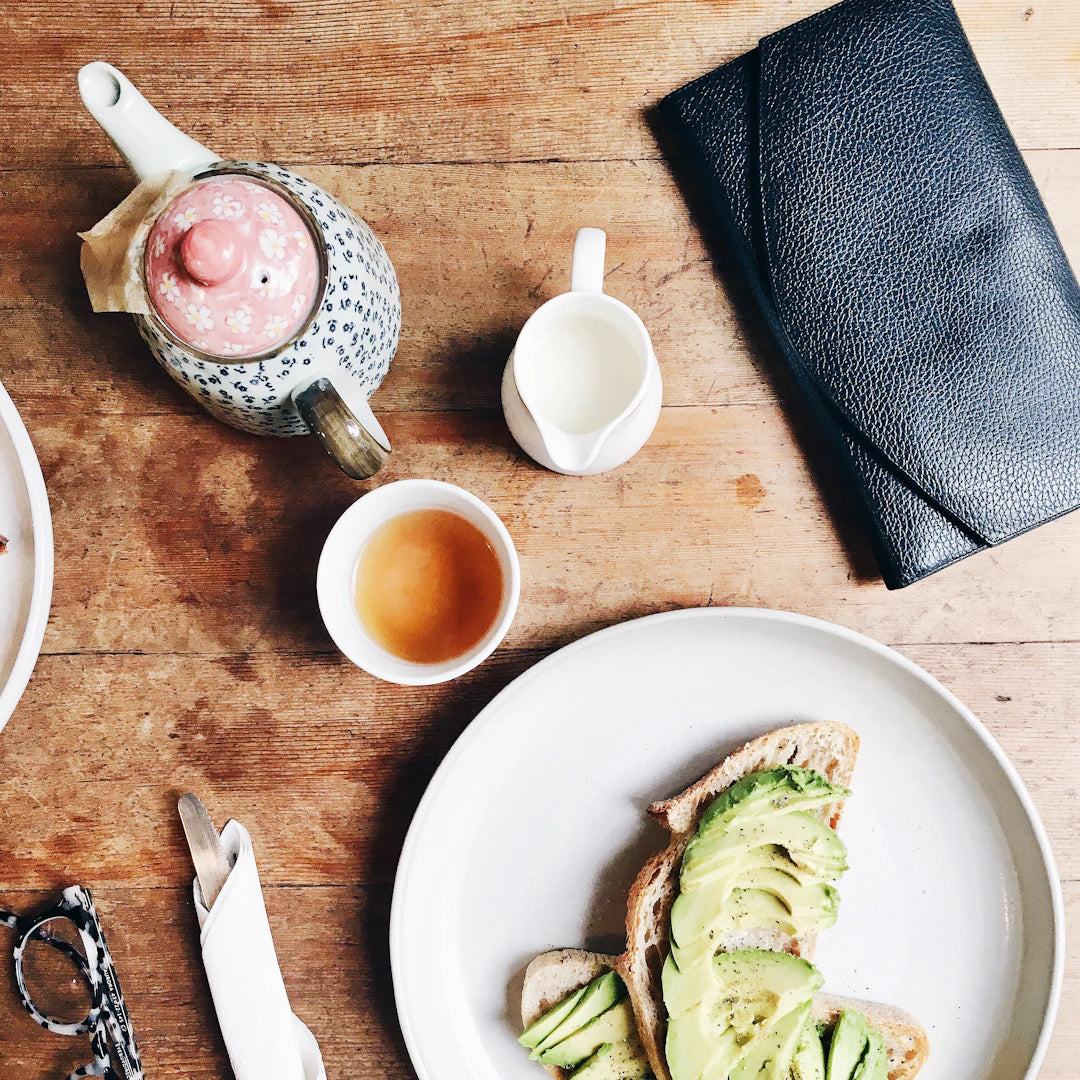



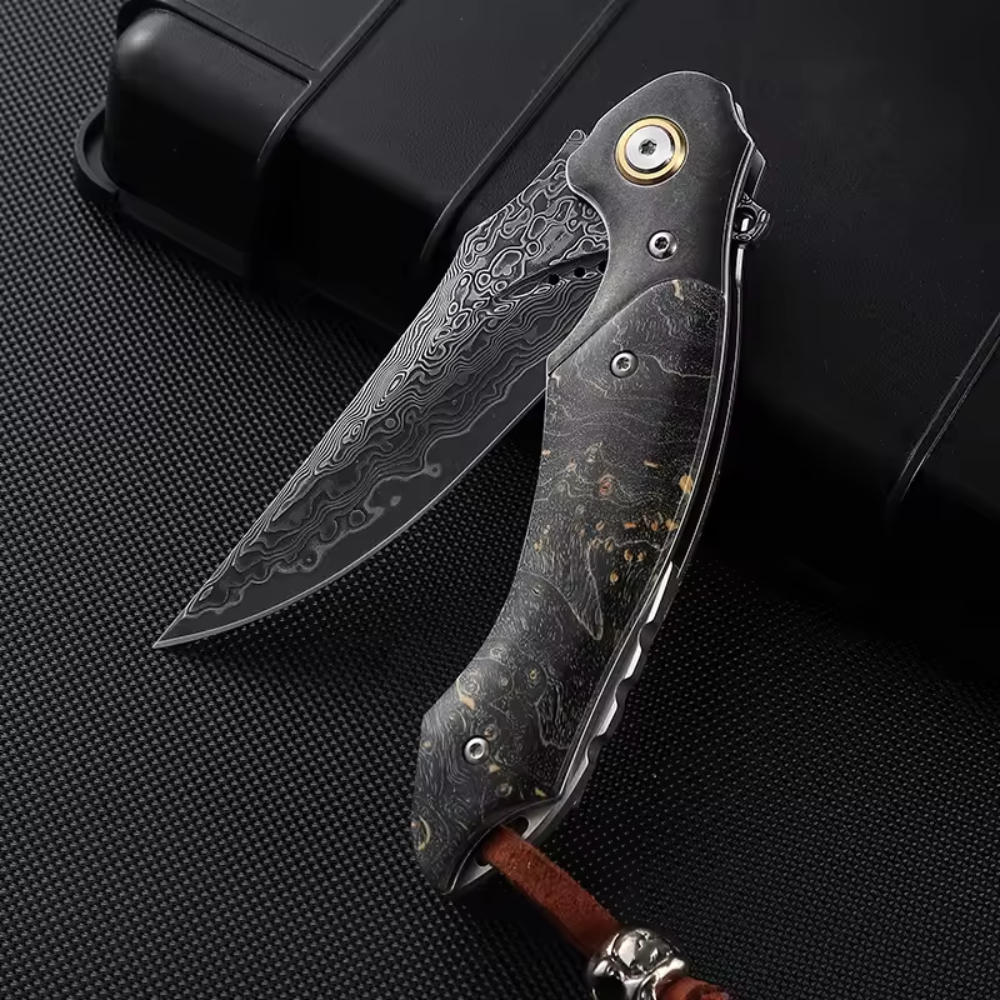
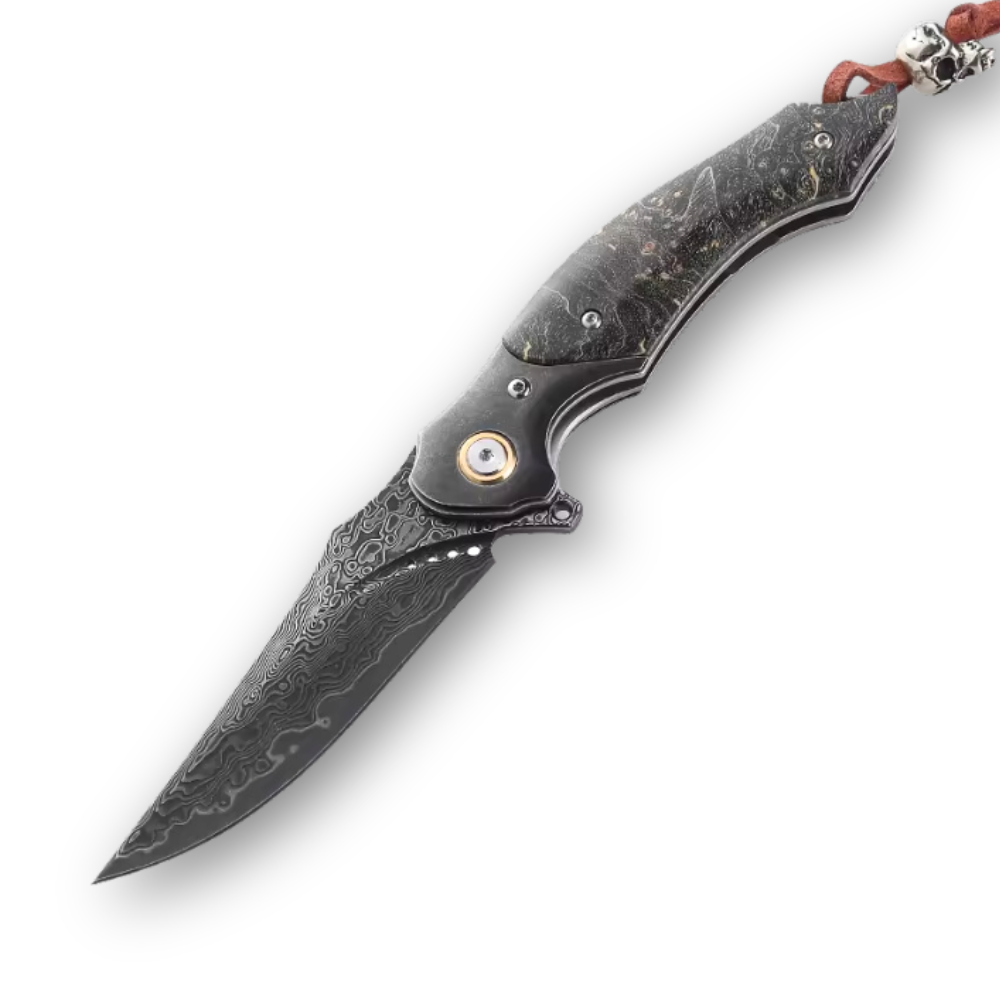
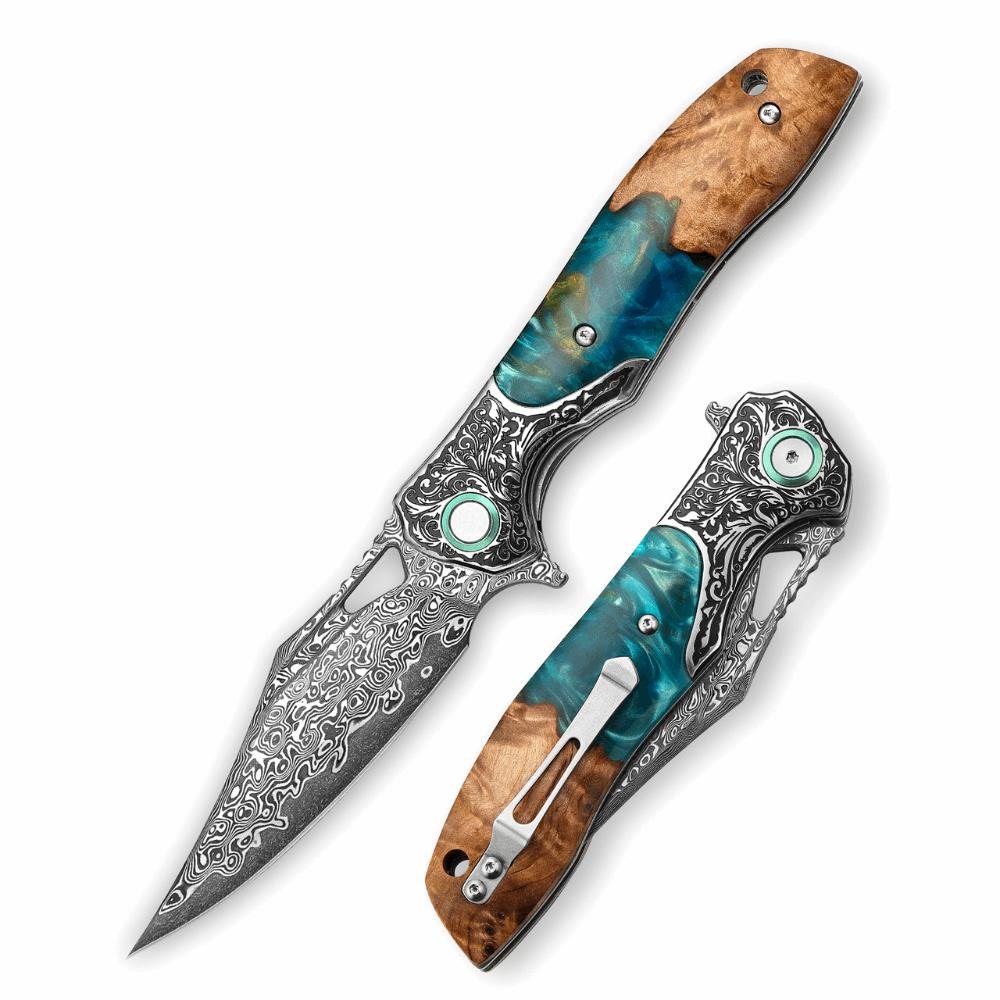
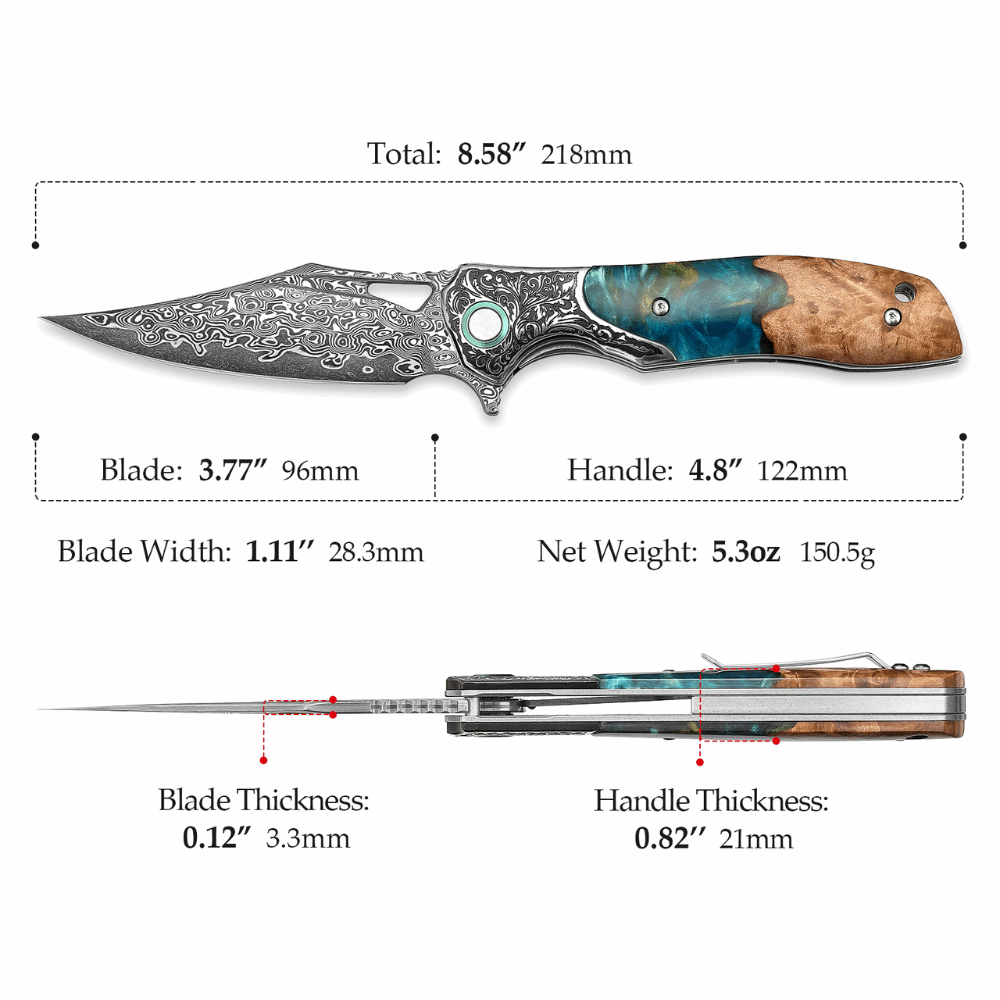
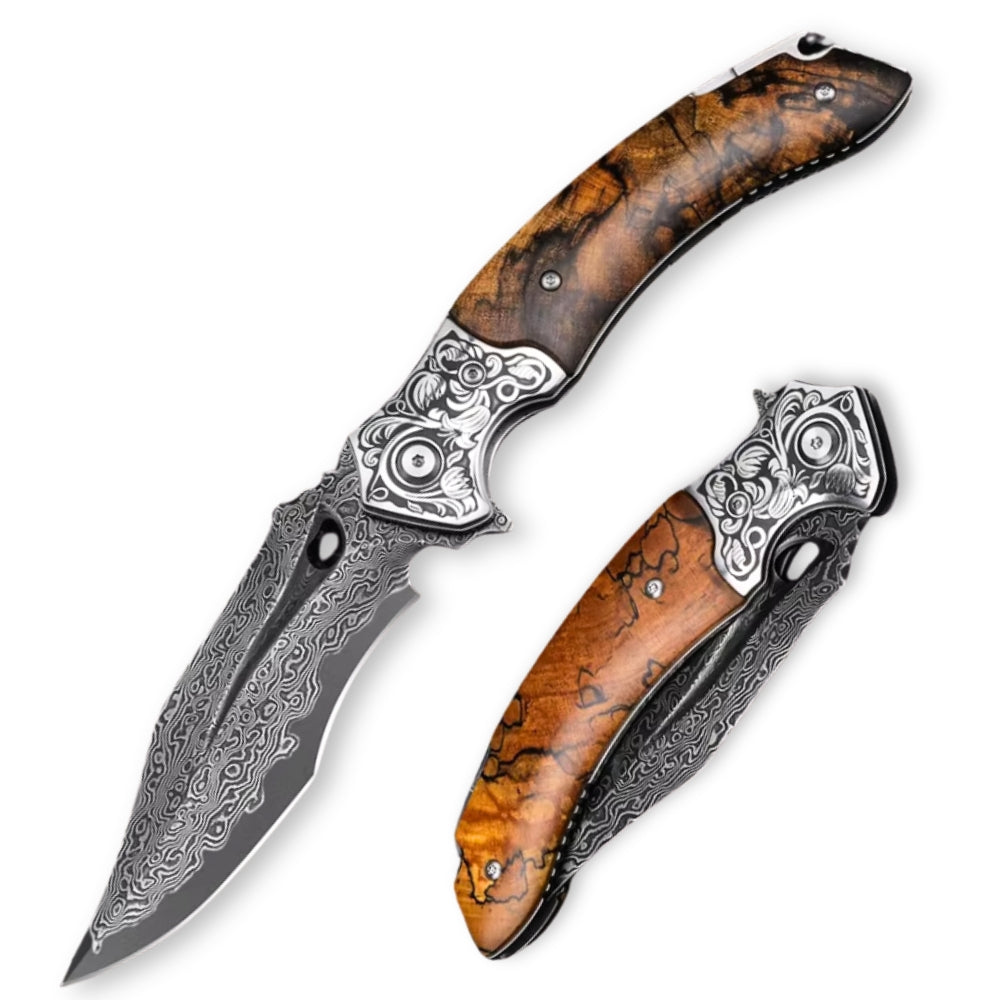
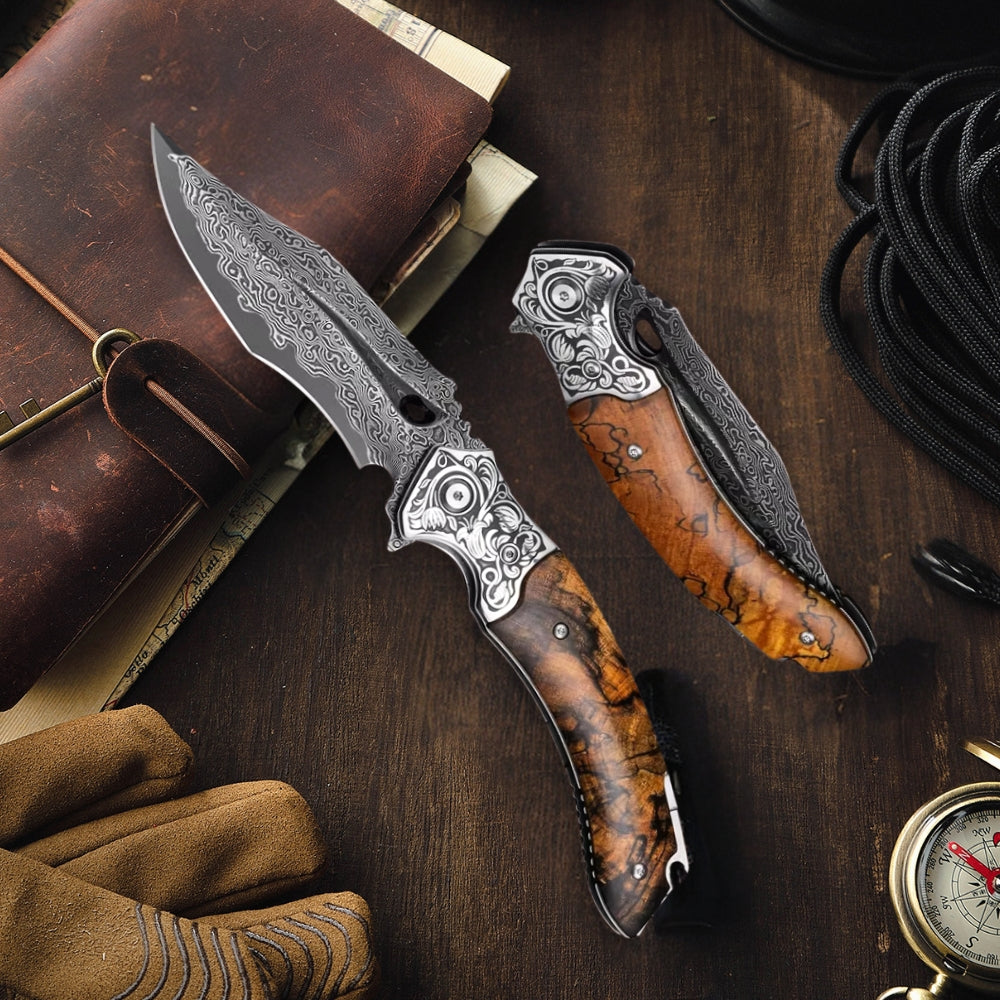
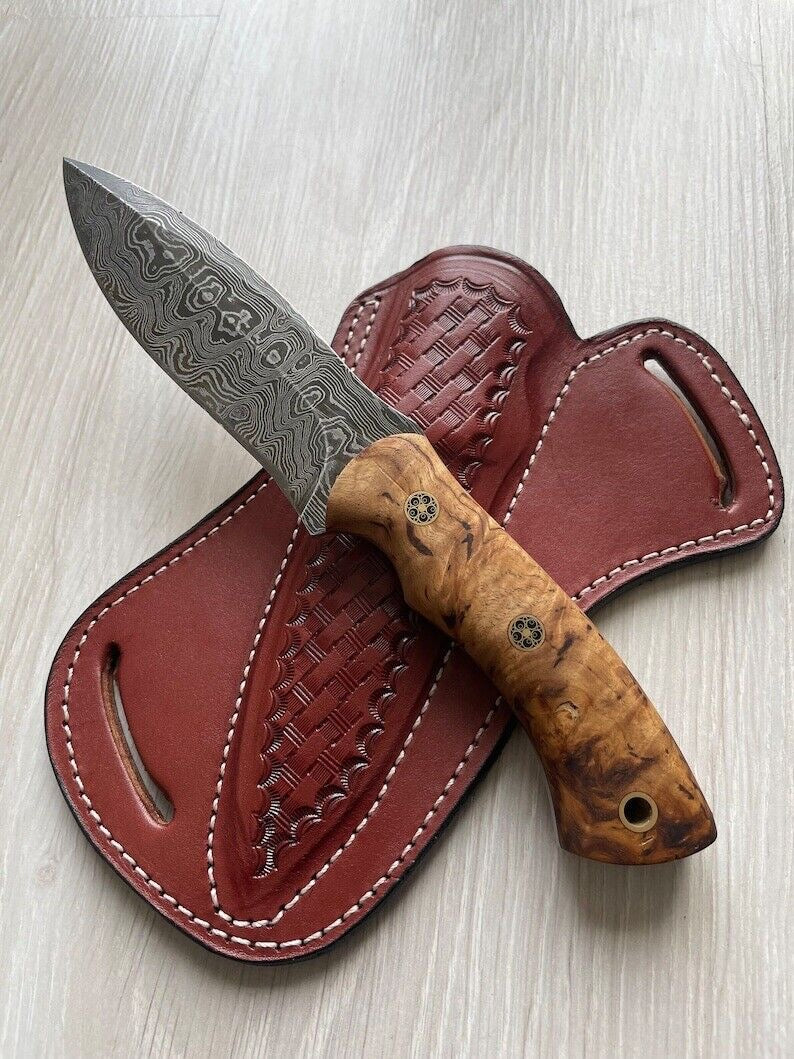
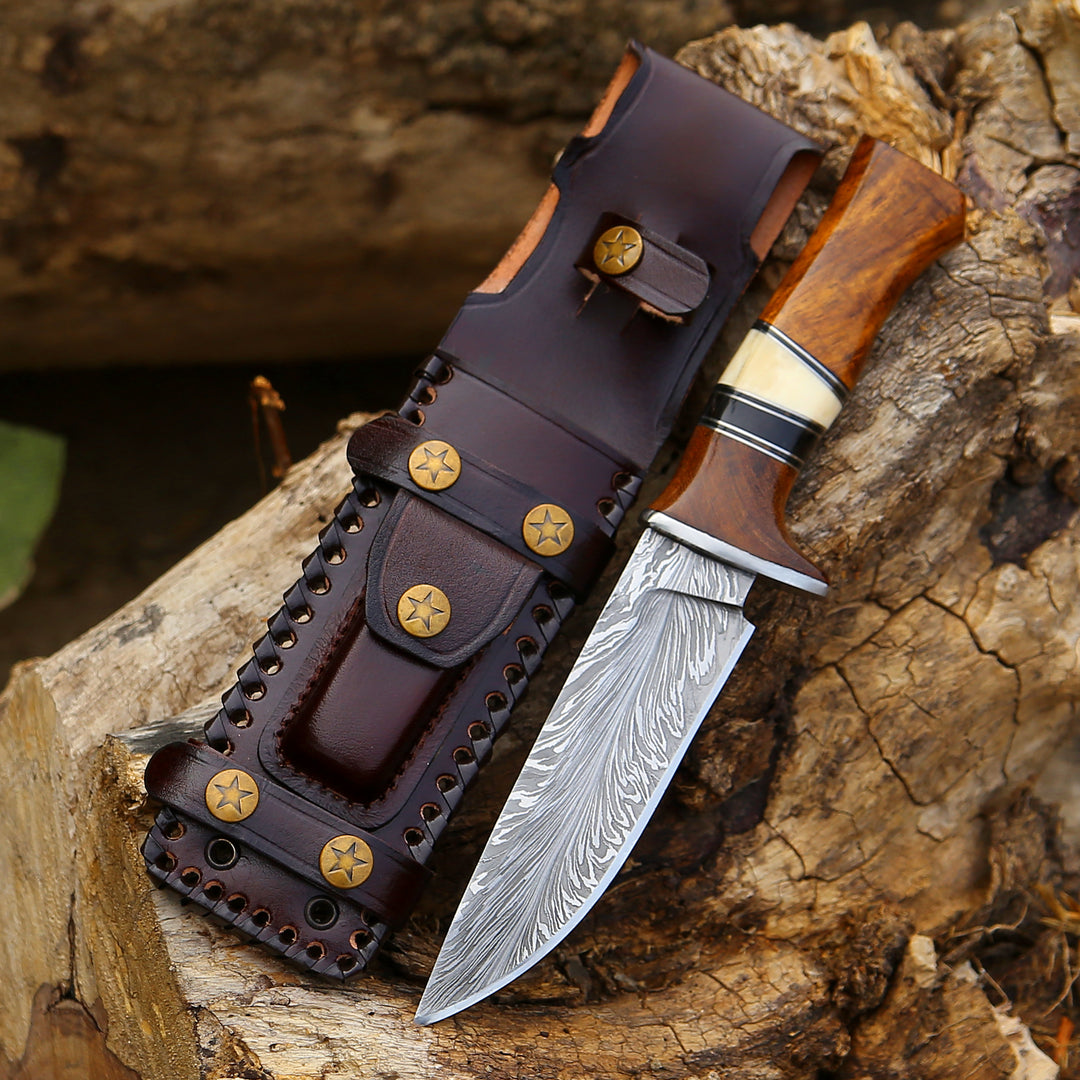
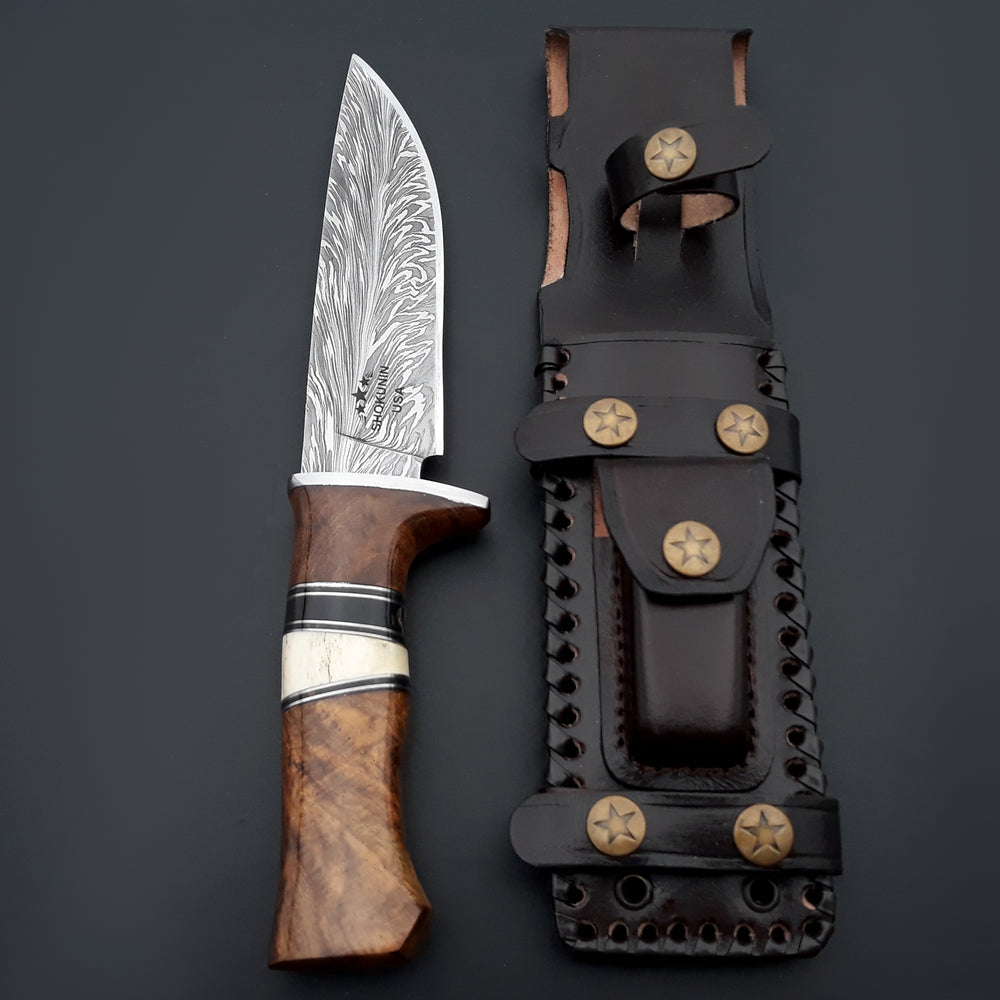
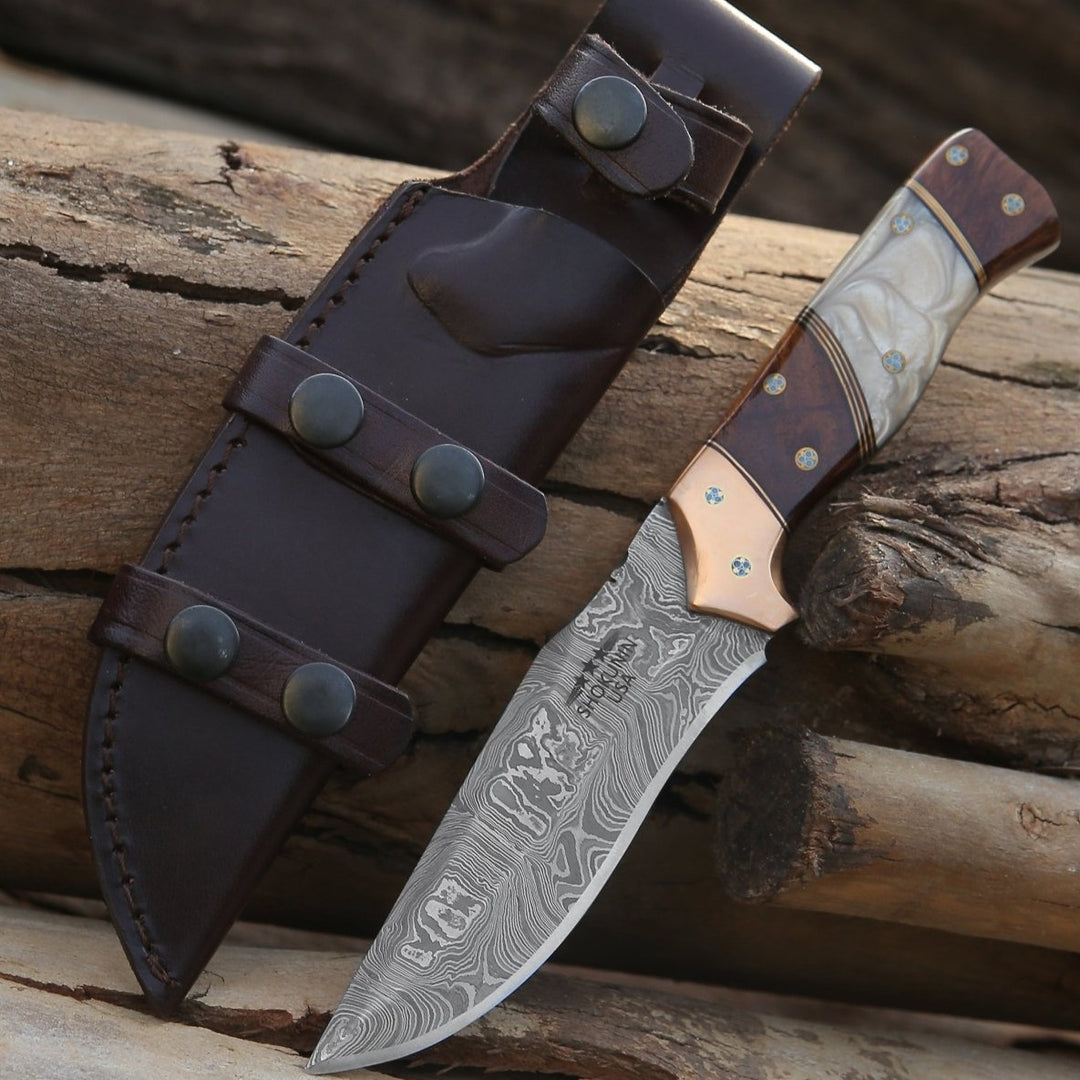
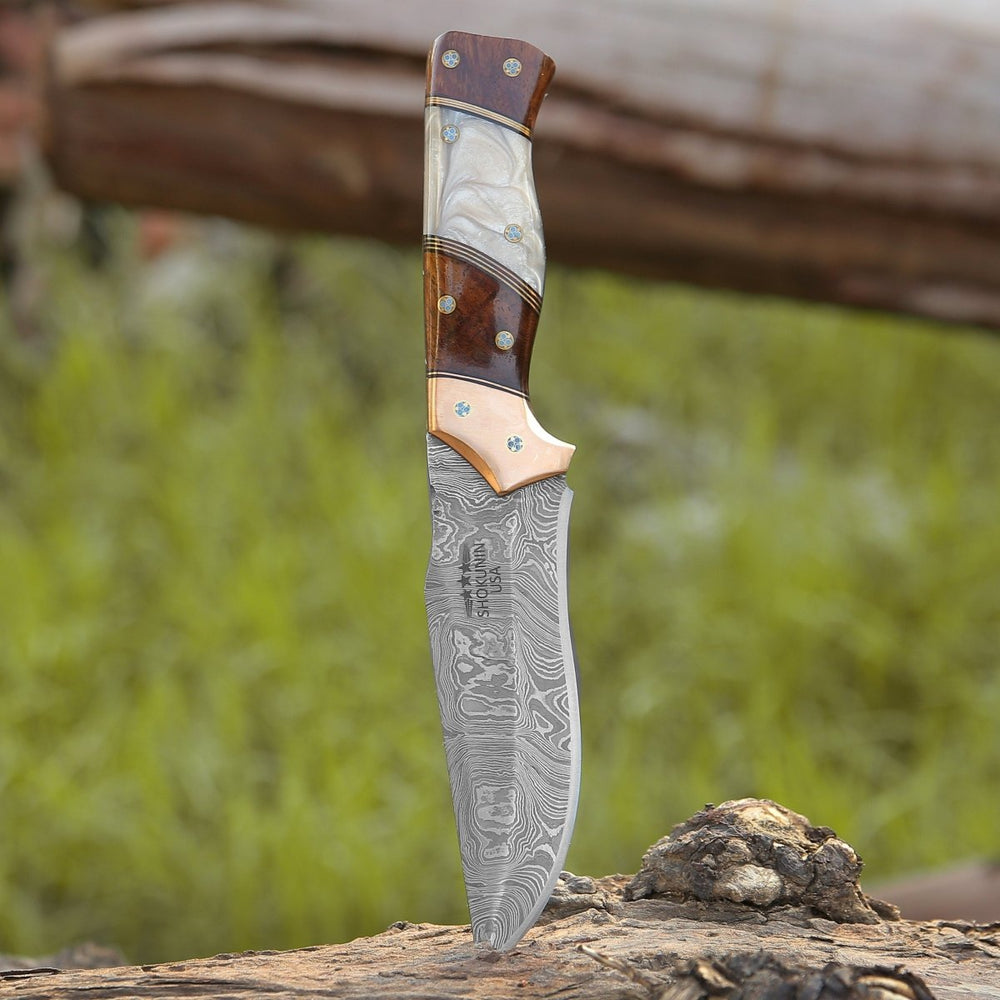
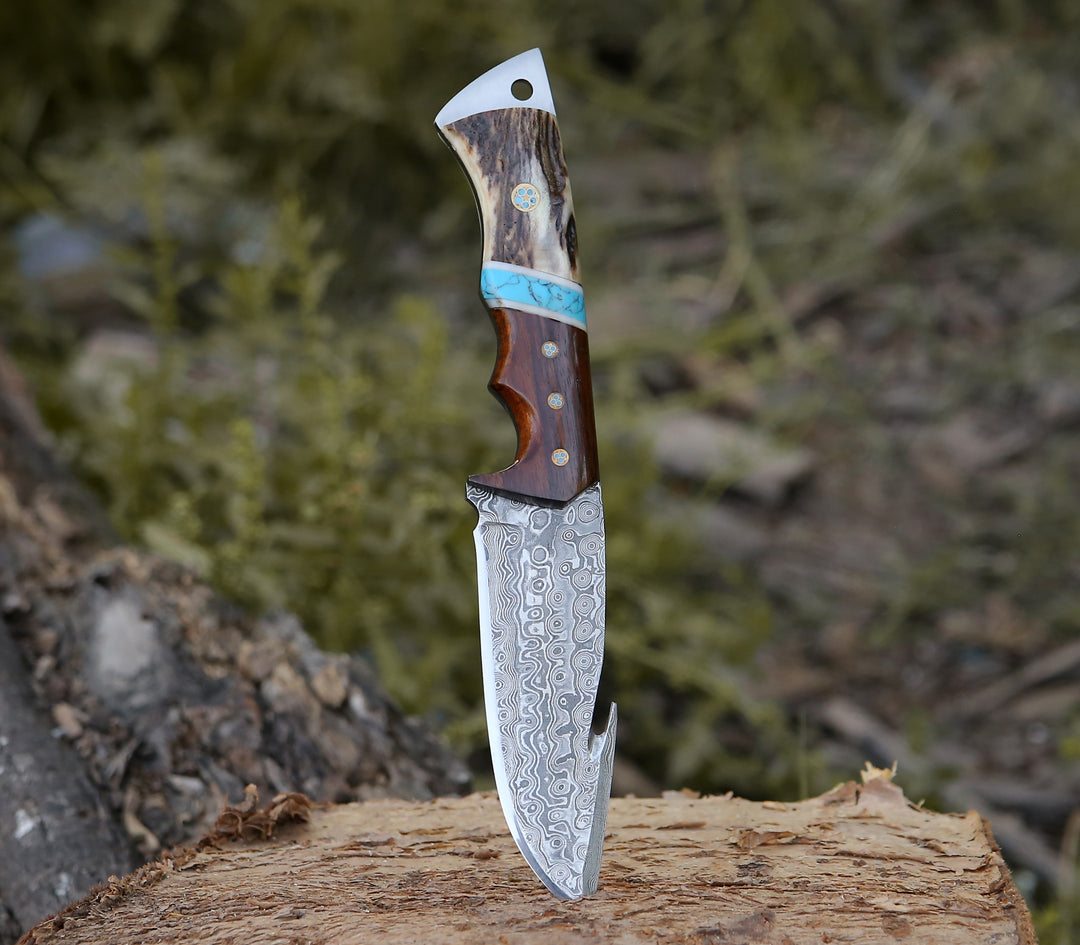
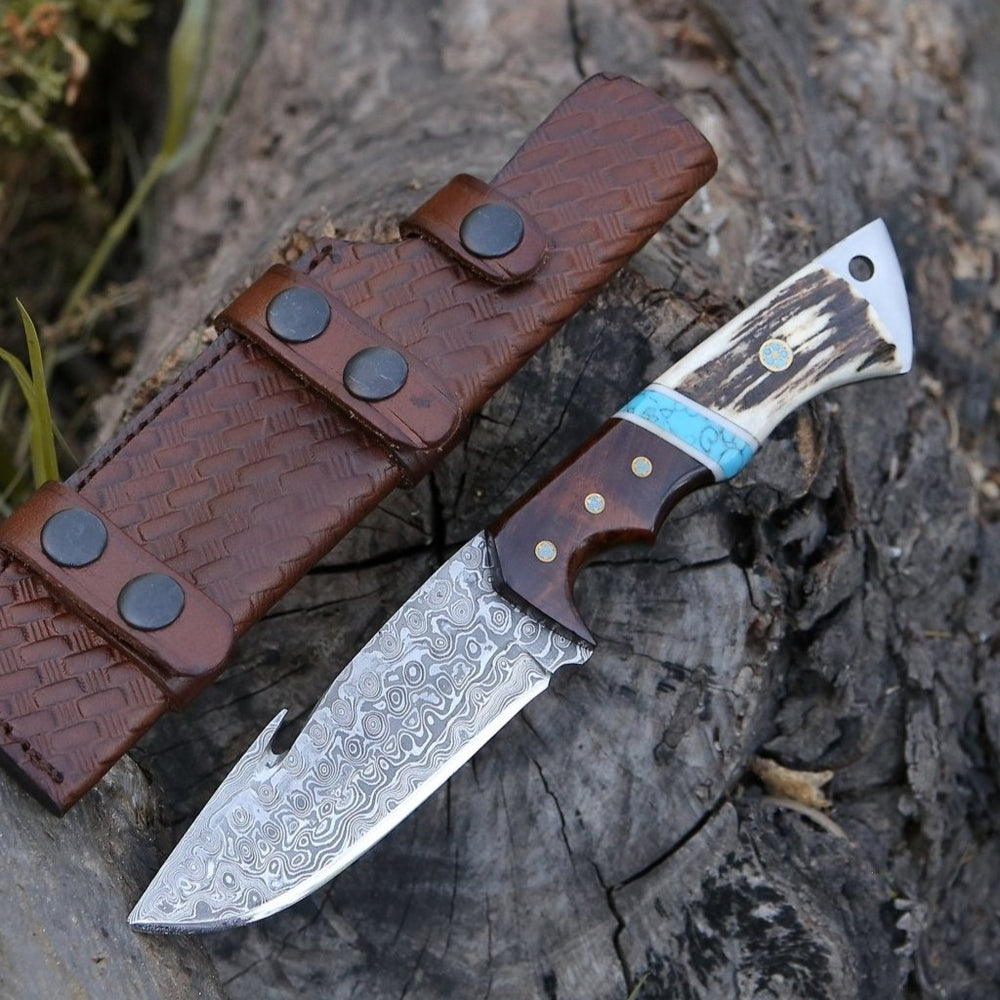
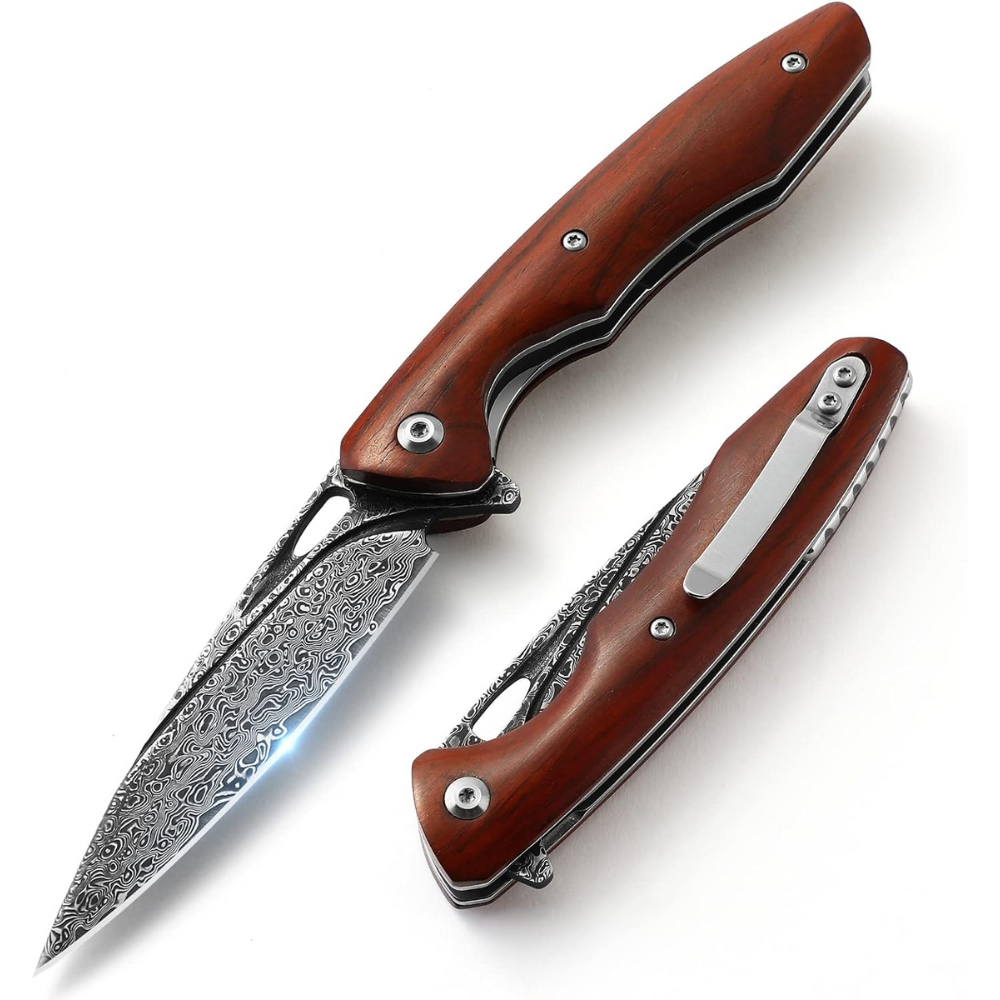
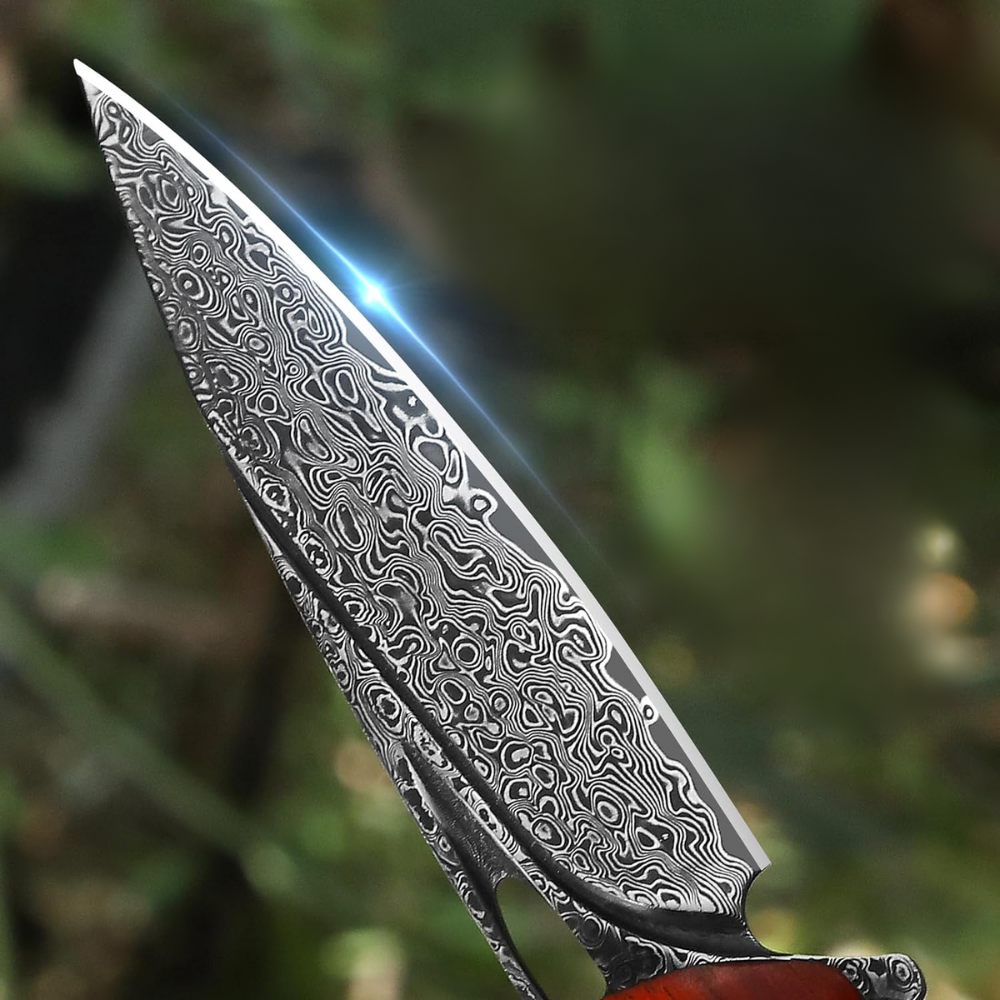
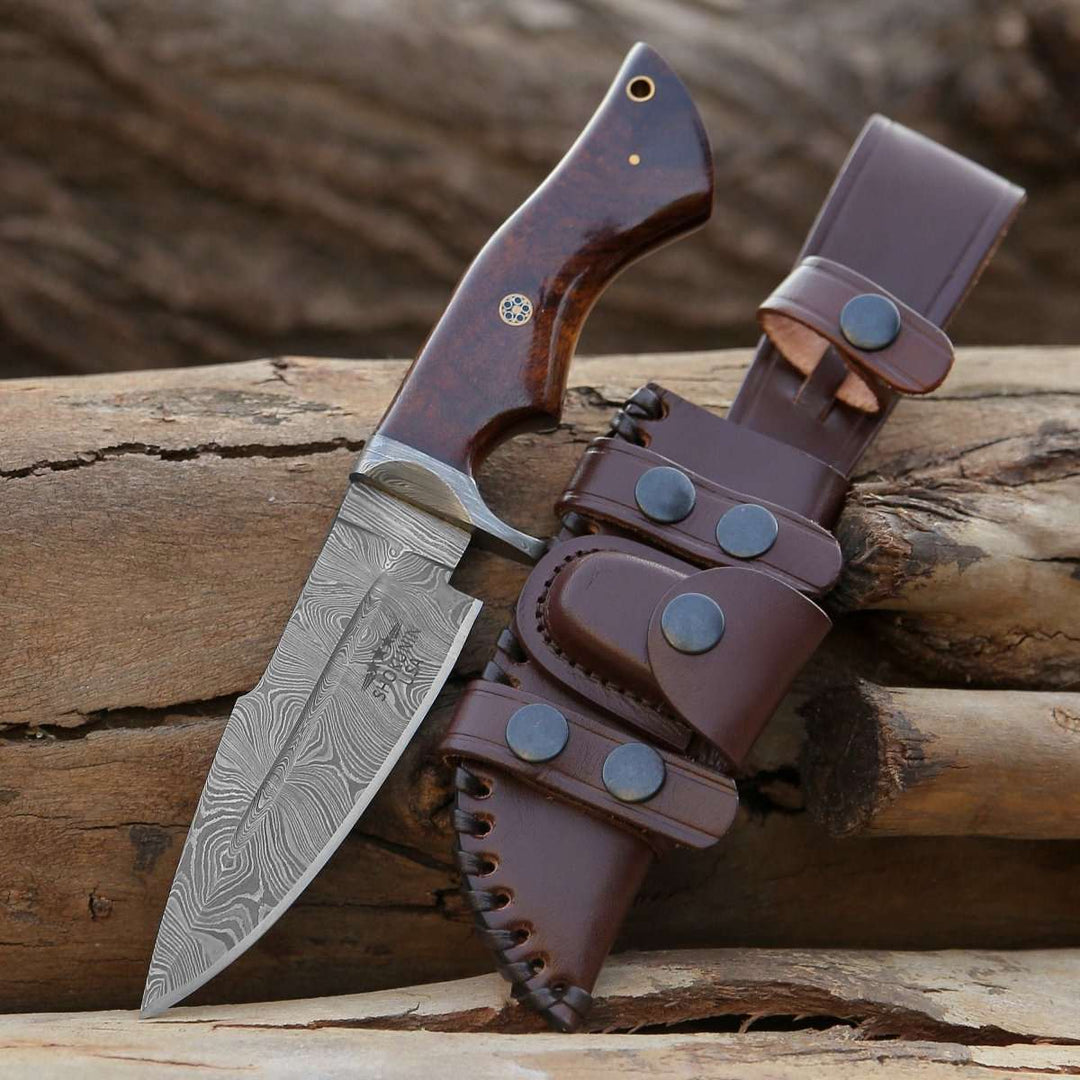
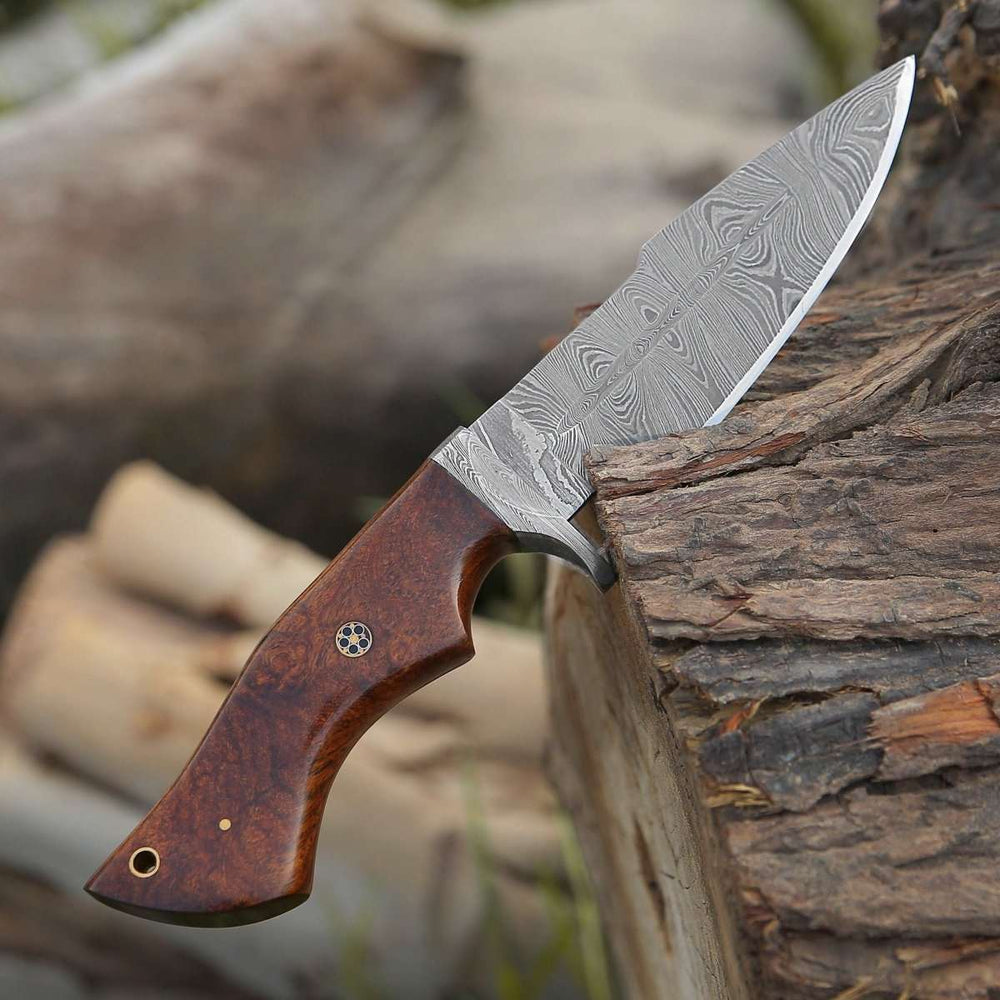
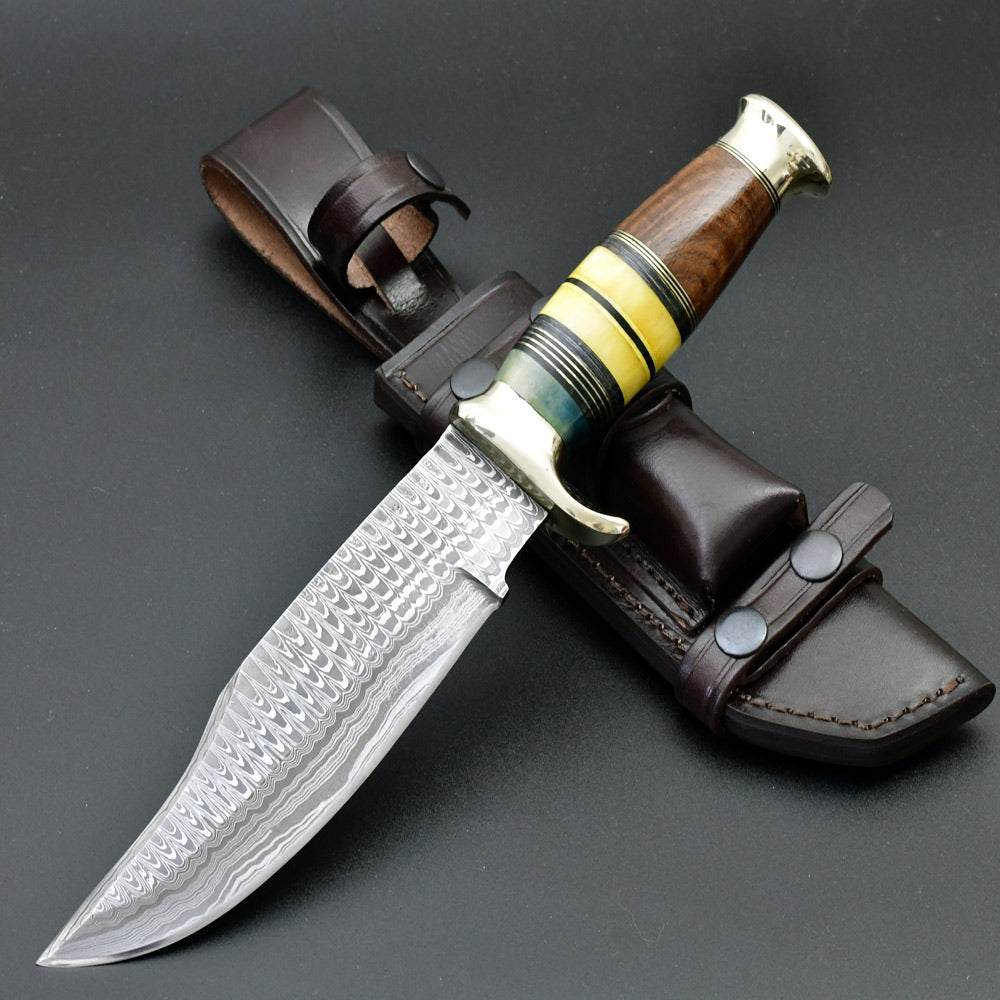
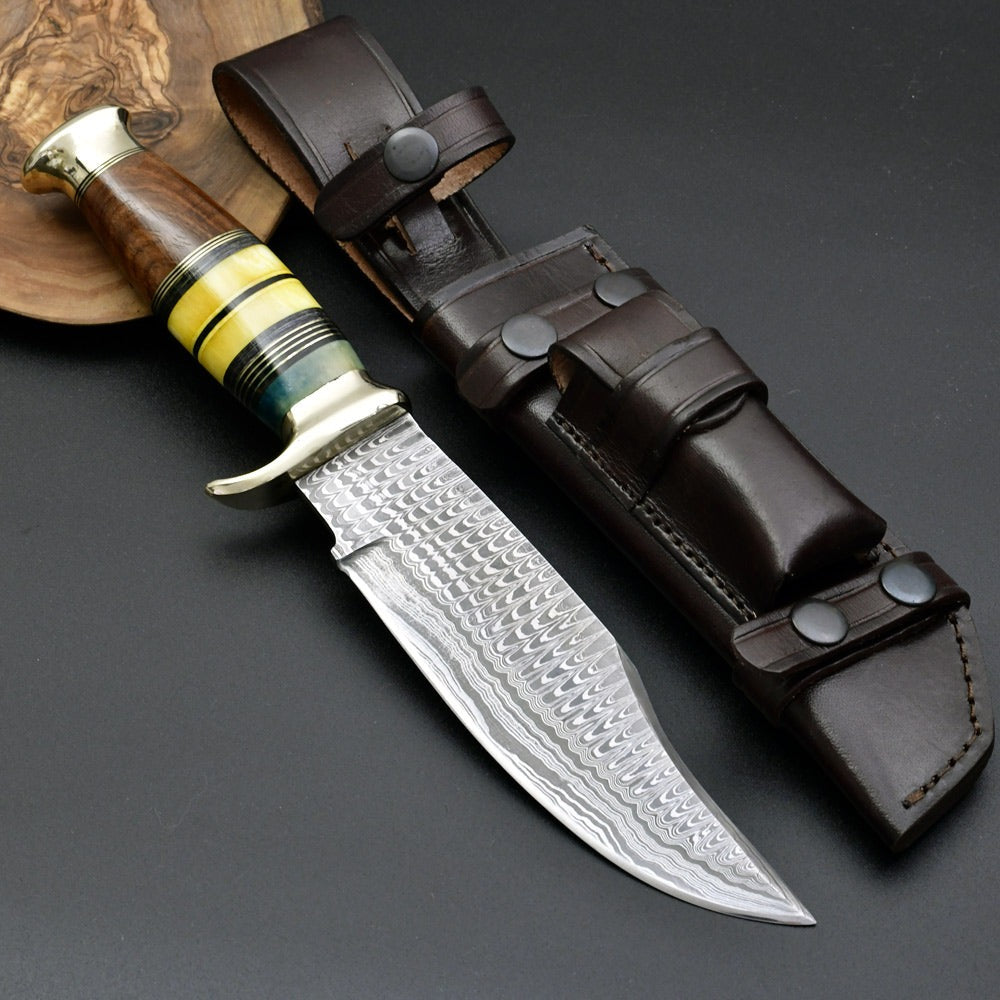
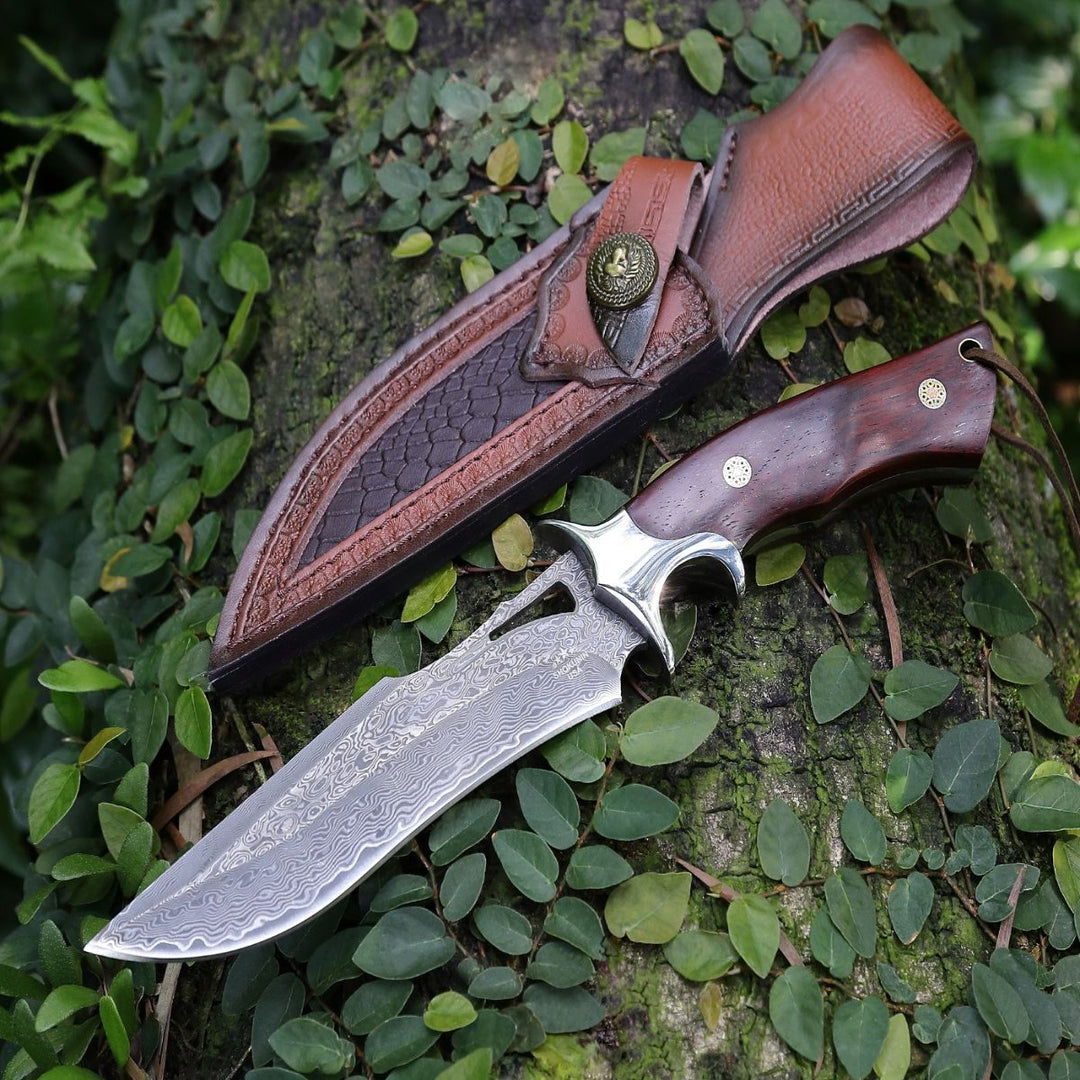
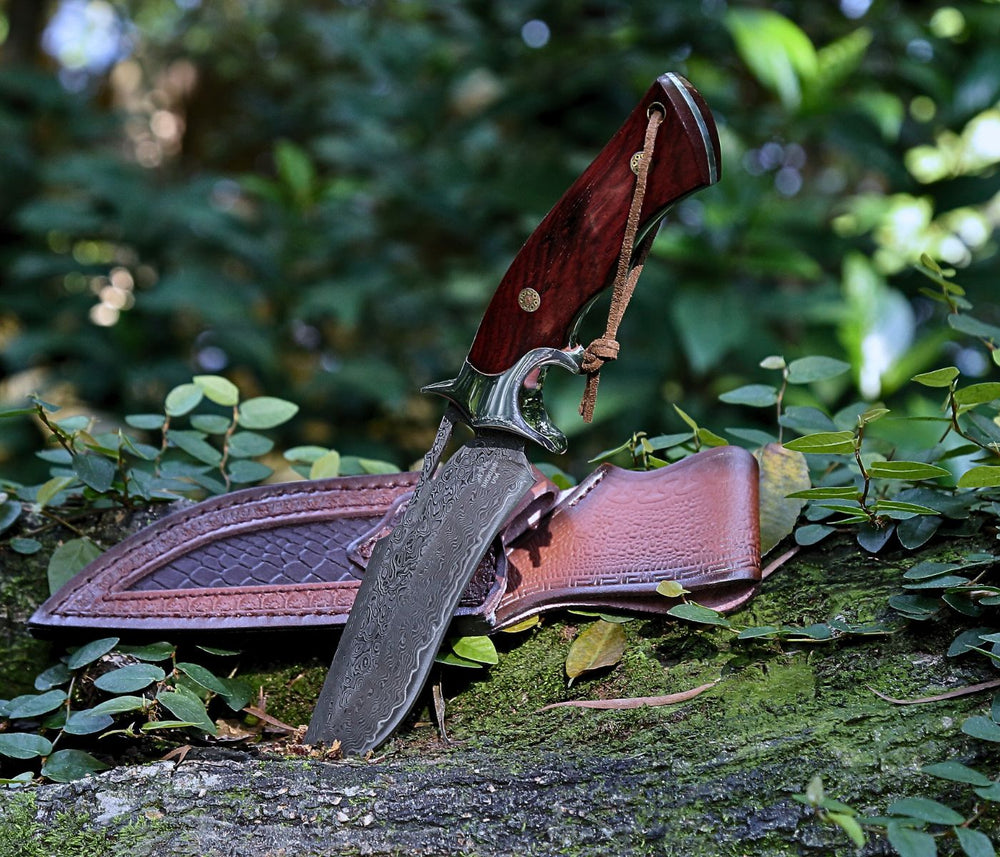
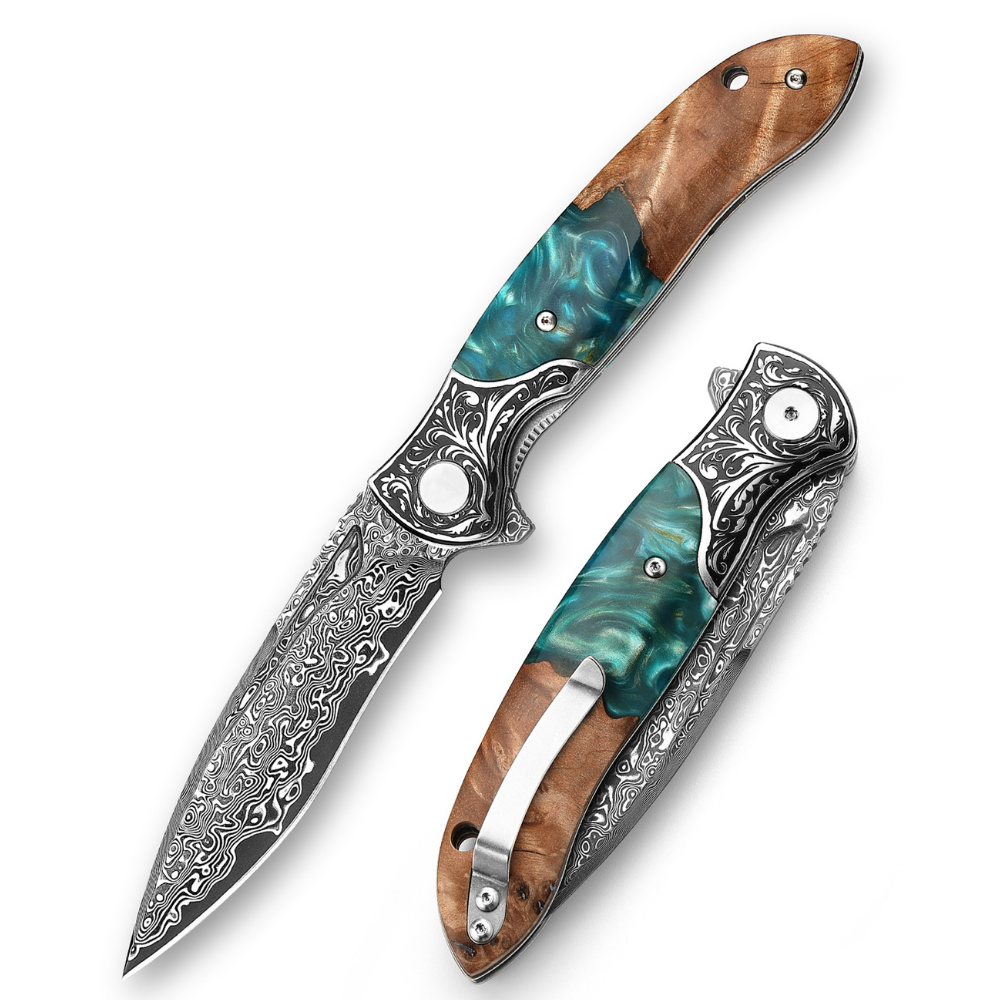
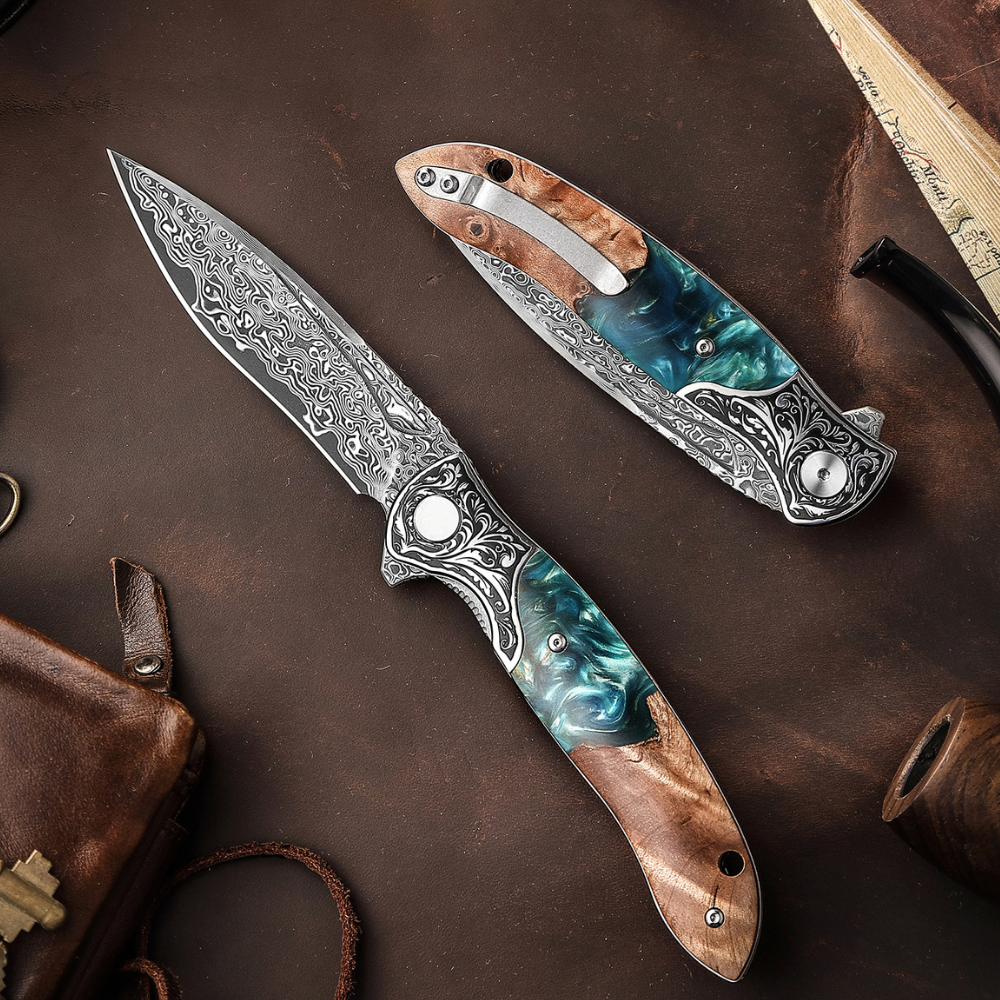
Leave a comment